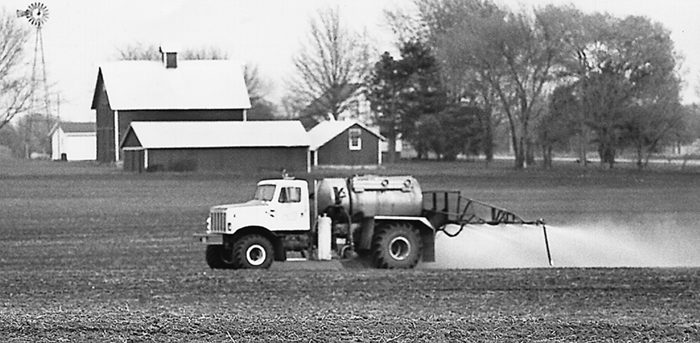No-Till Farmer
Get full access NOW to the most comprehensive, powerful and easy-to-use online resource for no-tillage practices. Just one good idea will pay for your subscription hundreds of times over.

With increased plant growth and yield increases in field trials, crop additives may have caught your attention. But these fertilizer additives are far from receiving an across-the-board endorsement from university researchers.
University of Wisconsin soil scientist Keith Kelling has reviewed research on crop additives in several states. He’s found these additives do pay under some conditions, but their successes are sporadic.
“The data tells different stories,” he says.
For example, in a 1997 University of Wisconsin study, AmiSorb applied at a 2-quart rate gave a 15-bushel-per-acre increase in corn yields.
“It is not true by any stretch that it always works,” says Kelling, who describes AmiSorb as a polyaspartic acid that helps plants take up nutrients when they are in short supply. “A 1996 Illinois study showed it did not work when there was enough nitrogen.”
In gathering university research from 1995 to 1997, Kelling found AmiSorb provided a “statistically significant” yield increase in nine of 26 sites for corn, in seven of 29 wheat plots, one of nine soybean plots and one of seven grain sorghum plots.
The active ingredient in AmiSorb is a highly charged biodegradable protein that was first discovered in seashells. In shells, the…